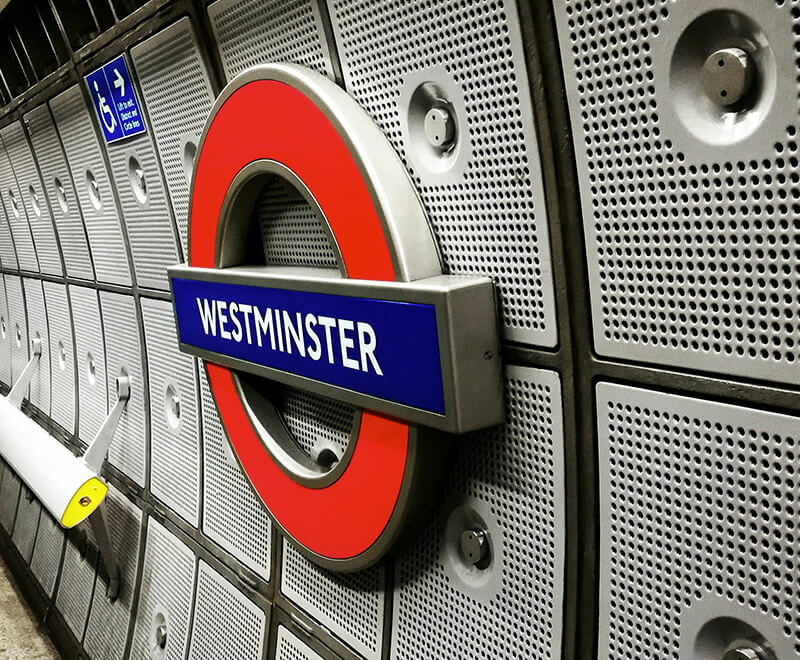Uber – the company you love to hate, but might struggle to live without has had an even more tumultuous week than usual. Paul Codd looks at what’s happened and what it means for the business’ eventual IPO.
What happened?
Uber, the $68bn ride-hailing company has built a reputation for disruption, nimbly targeting pent-up consumer demand for reliable, affordable transport on the one hand, and critics allege – regulatory loopholes on the other.
Yet the business’ hard-charging style, captured by CEO’s Travis Kalanick’s winner-takes all approach – critical perhaps to early success now threatens the group’s future. After a difficult few months Uber’s reputation for disruption is now matched with a reputation for dysfunction. Board member Bill Gurley is certainly not a lone voice in noting “We are in a reputational deficit… It is going to take us a while to get out of this”.
This week saw Uber seek to get back on the front foot with the publication of an internal review of corporate culture; the Holder Report and the decision by CEO Travis Kalanick to take indefinite leave.
Why is it important?
The crisis facing Uber has brought issues surrounding sound corporate governance and the impact of all-powerful owner-founder-executives in Silicon Valley to the fore.
Uber is a business that is ultimately well versed in scraps with regulators, but it has found itself plunged into a series of escalating internal scandals. Ranging from the reports of institutional sexism that spurred the Holder Report, to a senior executive obtaining and sharing the medical records of a victim of rape, or the company taking five months to change a policy that allegedly led to the murders of more than a dozen drivers, investors have begun to ask if the wheels are coming off.
The publication of the Holder report might mark a reset for the group. If Uber can, as board member Arianna Huffington suggests, begin to build “an Uber that puts people first”, then given the company’s phenomenal popularity, a strong come-back is a possibility.
What’s the reaction been?
Mixed – the publication of the Holder Report and the adoption of its recommendations by the Uber board was immediately tempered by a sexist quip by (and subsequent resignation of) board member David Bonderman.
Tim Mullaney for MarketWatch argues that “what may hurt most of all is that Uber has lost the sense of inevitability that was its most sustainable competitive advantage”. Ian Philbrick for the Slate opines that the issue is now really about who would want to work there – that the real damage may be to its ability to attract and retain the engineers needed for its future. Tanya Dua of Business Insider presents the third view – that the gaffs have blown the door in the US “wide open for its toughest competition”. And John Gapper, the FT’s chief business commentator argues that Uber’s issues stem from a “clique of executives [that appear] to place short-term growth ahead of basic humanity”, hardly a ringing endorsement for the return of Kalanick.
The question now becomes whether Uber 2.0 and Kalanick’s leave of absence will be enough to turn things around ahead of the long awaited IPO. Reeves Wiedeman for New York magazine presents the contrarian view to potential investors “Can a cuddlier version of the company still pursue world domination with the same aggressive zeal? And if it can’t, what will that mean for its future? The scary prospect for investors and employees is not that Uber was uniquely toxic, but that it was necessarily so.”
Best headline?
Uber’s Internal Investigation Reveals It’s Everything You Hate About Silicon Valley
What’s next
Kalanick will be back, Uber is still phenomenally popular and as Brooke Masters of the FT puts it, it is succesful despite “allegations that would have sunk an ordinary group”.
Yet whilst the Holder Report and Kalanick’s decision to take the time to grieve for his mother is a step in the right direction, questions will remain without further change. The decision to leave leadership split between 14 people risks leaving the business rudderless, all while it continues to hemorrhage through subsidies – losing $2.8bn on $6.5bn in global revenues.
What follows is ultimately an issue for Uber’s customers, employees and investors, is the all-powerful-founder model sustainable and will Uber make its IPO?
Looking for a trusted public affairs agency? Our team helps with crisis communications to help manage any situation. Contact us today to learn more about how we can help!



